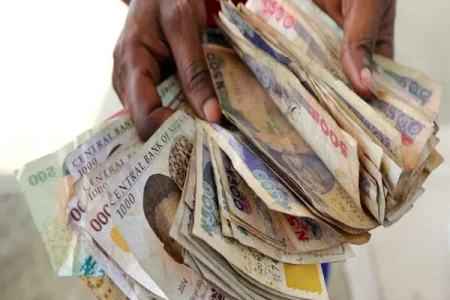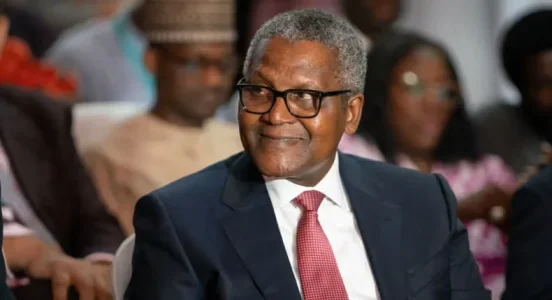 w
wIn 2023, Nigeria's naira faced a significant setback, ranking as the world's third-worst performing currency, according to a Bloomberg report. Closing at N1,043 per $1 just days before the year-end, the naira showcased its weakest performance since the return to democracy in 1999.
The naira's decline was exacerbated by financial challenges, with foreign reserves hitting a six-year low due to overdue short-term overseas obligations. Analysts predict further depreciation in 2024 unless President Bola Tinubu's government attracts international investors or boosts oil output.
The naira's struggles stemmed from the Central Bank of Nigeria's move to unify the nation's multiple forex windows in June, introducing the "Willing Buyer, Willing Seller" model at the I&E window.
These changes, coupled with a cash crunch following the apex bank's naira redesign policy, contributed to inflationary pressures, with Nigeria's inflation reaching 28.2%, while the benchmark interest rate remained at 18.75%.




